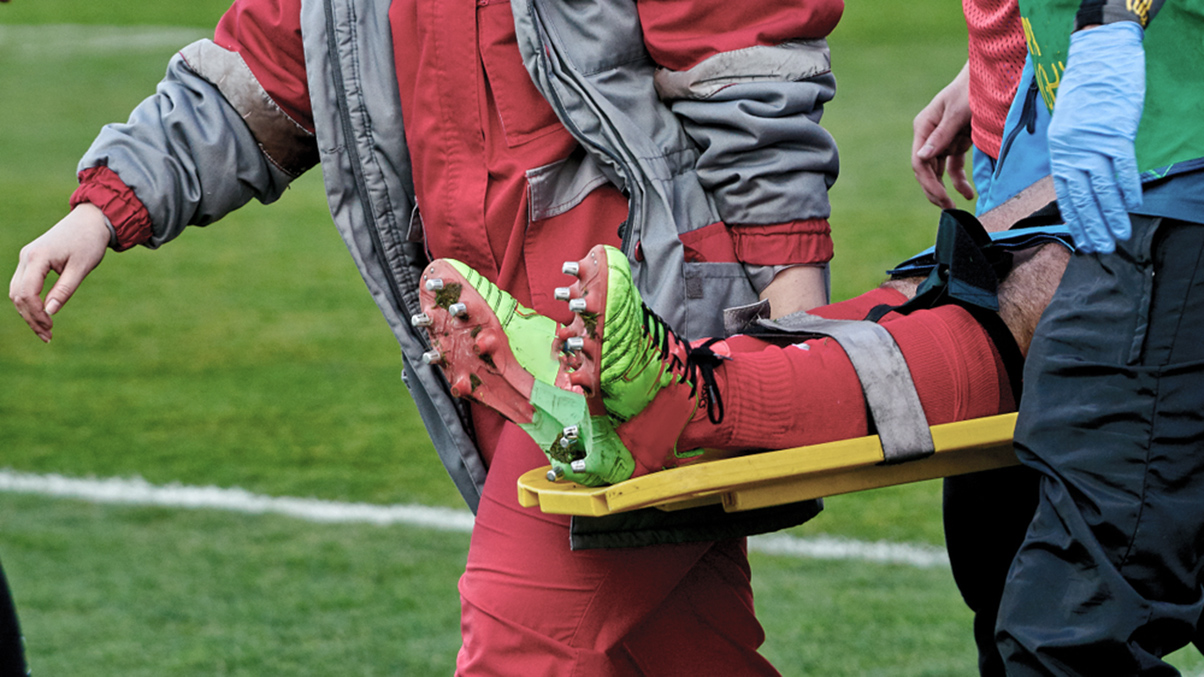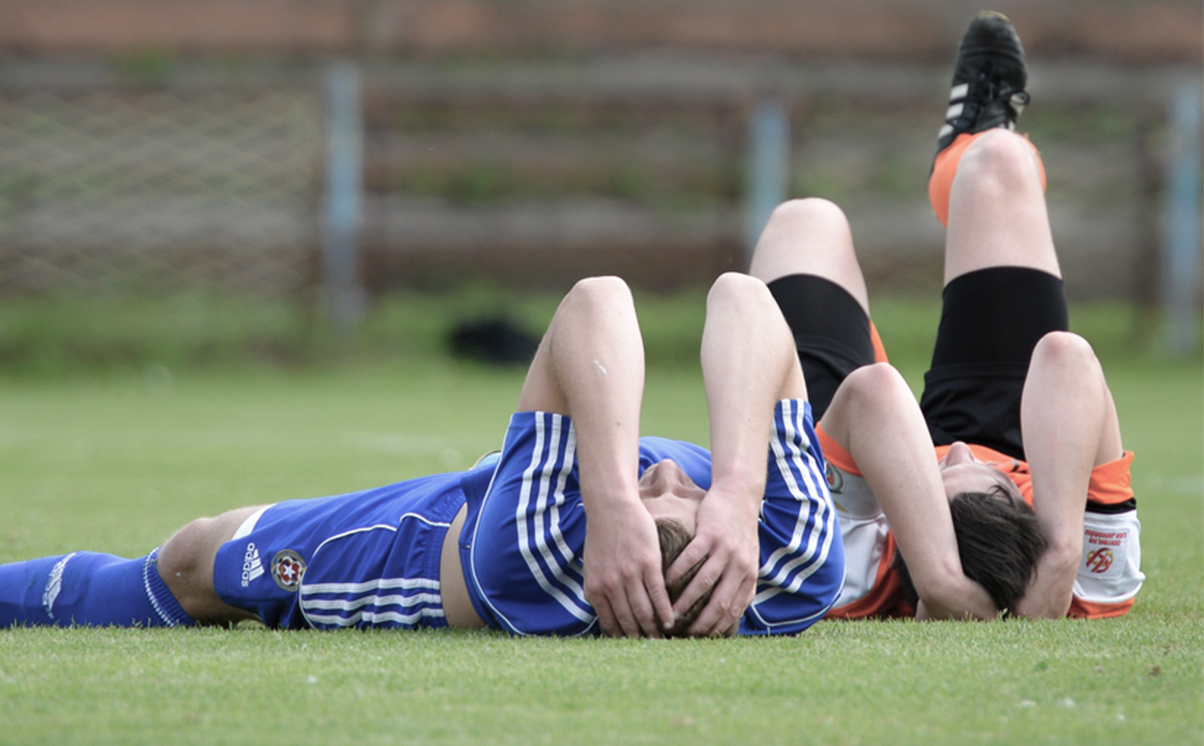The collapse of Denmark’s Christian Eriksen due to a cardiac arrest during his team’s opening game at Euro 2020 shocked football fans worldwide and raised many questions about player safety. In this article, Sports Disputes Lawyer Barrington Atkins examines football authorities’ approach to the safety of players and asks whether UEFA has done enough to protect those competing at Euro 2020.
Concussion
Concussion safety was meant to be at the forefront of the Euro 2020 finals. All 24 teams committed to following the recommendations of the Union of European Football Associations (UEFA) Concussion Charter, which was a commitment to player welfare and player safety. All 24 teams agreed to implement the serious measures recommended by UEFA to provide care for players who experience concussions or have injuries on the pitch. The message of the Charter was clear: if a player is suspected of concussion, they must be removed from the field of play.
UEFA’s focus on concussion follows a growing awareness of the greater risk footballers’ face of neurodegenerative diseases from head injuries. Research commissioned by the Football Association and the Professional Footballers’ Association found that ex-professional footballers are three and a half times more likely to die from dementia than people of the same age range in the general population.
The concussion and fractured skull sustained by Wolves’ Raul Jimenez following a collision with Arsenal’s David Luiz in November 2020 was the final straw that led to the implementation of the concussion substitutes rule in the Premier League. This new rule states that if a player has clear symptoms of concussion or video provides clear evidence of concussion, his team will be permitted to replace him with an additional substitute.
On 21 February 2021, Rob Holding became the first Premier League player to be replaced under the rule. The protection the rule provided to player safety was instantly demonstrated as Holding was confirmed to have concussion the following day.
Despite the proven benefits, UEFA decided against approving the concussion substitutes rule for the Euro 2020 finals. The injuries football fans have witnessed during the European tournament have undoubtedly challenged UEFA’s decision and called into question whether the Concussion Charter is effective enough for player safety.
The first incident occurred when France’s Benjamin Pavard sustained a head injury following a collision with Germany’s Robin Gosens. Pavard received treatment for several minutes before being given the green light to continue playing. Pavard later revealed that he was knocked out for 10 to 15 seconds. Controversially, UEFA confirmed that the correct concussion protocols were followed.
Only six days later, Austria’s Christoph Baumgartner received a blow to the head, went back on the pitch and was then substituted. His coach later admitted that Baumgartner had been experiencing dizziness. Russia’s Danila was the third player in the tournament to collapse to the ground following a head injury. He was cleared to play on but was withdrawn at half time. These incidents demonstrate that football authorities need to do more to protect players’ health.
Cardiac conditions
Cardiac conditions are the leading cause of death in professional footballers. Data has revealed a prevalence of sudden cardiac death of seven in 100,000 football players.
Quick application of a defibrillator can improve a patient’s survival by 75%. However, when Cameroon’s Marc-Vivien Foé collapsed during the 2003 Confederations Cup in France, it took six minutes before attempts to restart his heart began. The lack of awareness of the need for speedy care contributed to Foé’s death, but the incident spurred football authorities to implement changes to reduce the risk of cardiac arrest on the field.
The English Football Association has now increased screening frequency so that players are tested between the ages of 14 and 25. For incidents where cardiac conditions slip through the net, sporting organisations have pitch-side defibrillators and medical staff trained in CPR to help resuscitate a player if they suffer a cardiac arrest.
Player safety was brought to the forefront on 12 June 2021 when Christian Eriksen experienced a cardiac arrest during Denmark’s game against Finland. Thankfully, football authorities’ understanding of the need for urgent medical attention in cardiac emergencies helped save Eriksen’s life.
The future for player safety
The Euro 2020 finals have shown that football authorities need to take further urgent action to protect player welfare and player safety. However, as Christian Erikson’s recovery happily shows, player safety can be achieved when football authorities apply the correct protocols and have appropriate medical equipment in place.
Iola Reynolds contributed to this article.
You can find further information regarding our expertise, experience and team on our Football Injuries, Sports Injury, Personal Injury and Clinical Negligence pages.
If you require assistance from our team, please contact us or alternatively request a call back from one of our lawyers by submitting this form.
Subscribe – In order to receive our news straight to your inbox, subscribe here. Our newsletters are sent no more than once a month.





